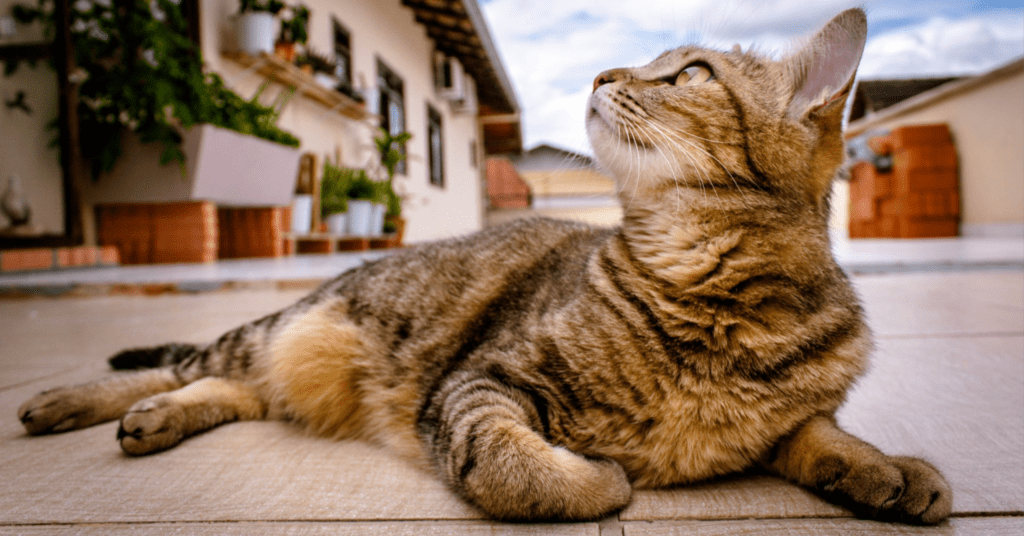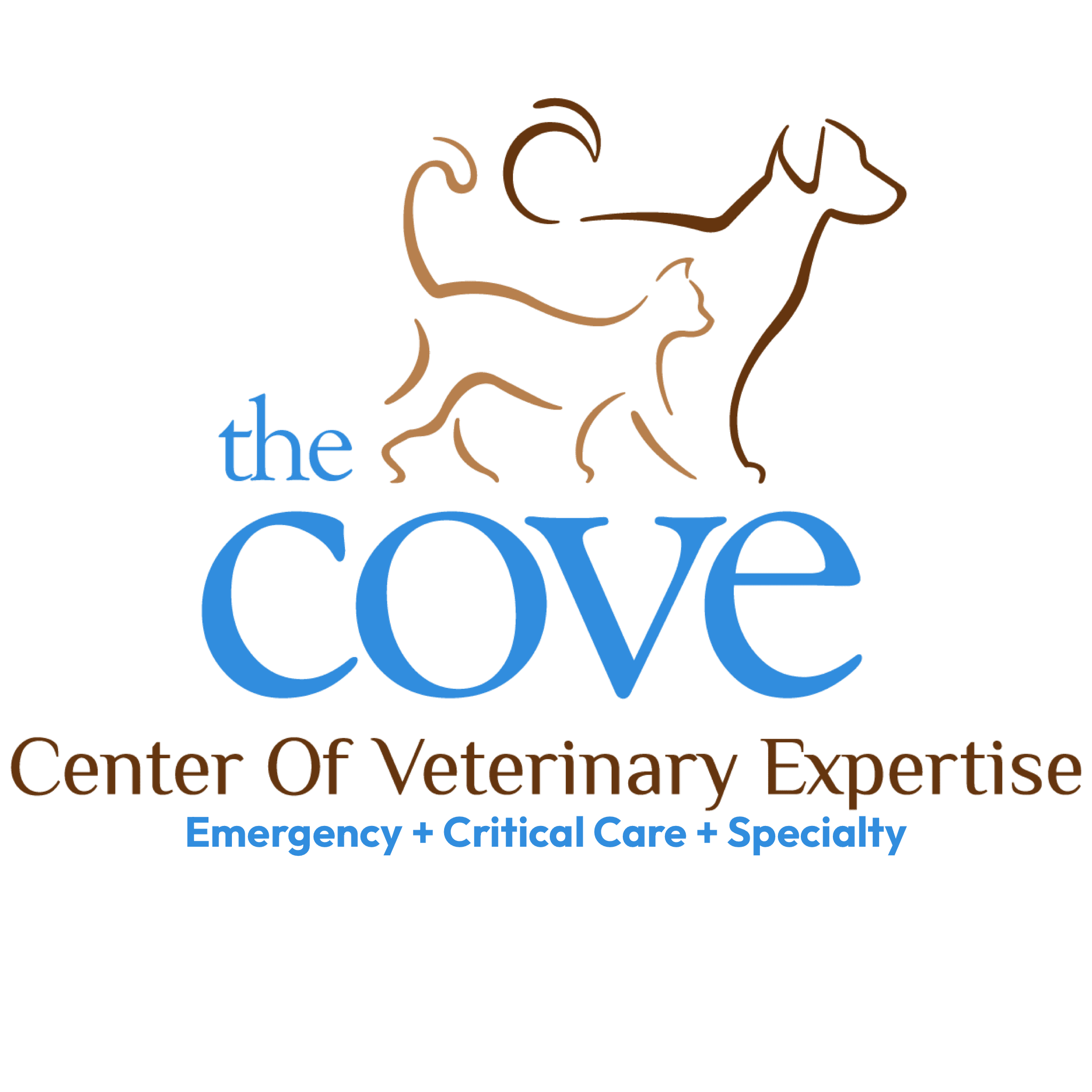The dog days of summer can be an enjoyable time for our pets. Parks, picnics, hiking, and traveling to new and exciting places are all part of this favorite season. There are, though, some common themes when it comes to cat and dog emergencies.
Here at The COVE, we see an influx of ER cases every summer that could have been avoided. To keep your pet’s summer safe, here are some tips and recommendations for avoiding these all-too-common warm weather emergencies.
What Are The Most Common Summertime Pet Emergencies?

Heatstroke
When the heat rises, our emergency and critical care department treats many pets for heat stroke. This dangerous condition occurs when the body is no longer able to regulate its internal temperature. This can occur in as little as six minutes when a pet cannot get out of the heat, such as being in a car. Heatstroke can also occur through overexertion in hot weather. If you notice your pet begin to pant excessively or showing other signs of heat stress – red gums, panting, drooling, and increased body temperature – act quickly by getting your pet to a cool place. Before it gets too warm outside, we encourage you to read our blog post about outdoor safety, including what to do if your dog or cat suffers heatstroke.
Lawn and Garden Pet Poisons
The lawn can be a dangerous place for our pets when it comes to poisonous plants. Compost, bone meal, soil amenders, and plants like sago palm, oleander, and azaleas are common in the backyard – and are also toxic. Check the ASPCA’s list of nontoxic plants for a pet-friendly lawn and garden. Also, be aware that insecticides and rodenticides can kill. Avoid using these noxious products and opt for pet-friendly pest control. Read our blog post about poison prevention here.
Escapes and Accidents
Over the next few months, we will, unfortunately, receive more cases of pets hit by a car. This is due to more pets being outside or running away because of the sound of fireworks and other loud noises that may cause anxiety. To protect your pet from an escape:
- Find a quiet, secure area of your home whenever you host a gathering, or board your pet for the night.
- Ensure that all windows, gates, and doors are closed and latched when you cannot supervise your pet.
- Stay with your pet during fireworks and thunderstorms, particularly if they are anxious during such events.
- Microchip your pet and keep their microchip information up to date.
- Have current photos of your pet, in the event they escape and you need to post their information.
Grilling Hazards
What all-American doggo doesn’t love it when their owner grills up some burgers and hot dogs? Along with this favorite warm weather pastime comes some hazards for a curious – and hungry – pet. Here are some of the more common risks to be aware of:
- Bones, corncobs, and skewers are all flavorful for your pup, yet can result in choking or a dangerous obstruction in the gastrointestinal tract.
- A hot grill and meat grease can cause burns if your pet gets too close.
- Items such as onion and garlic are toxic to dogs.
- Feeding a pet your own food, especially greasy foods such as hamburgers, can cause pancreatitis, a dangerous inflammation of the pancreas that is linked to feeding a pet table scraps.
You can reward your pet for their good behavior by giving them a small amount of green beans or baby carrots. If you allow your pet outside with you during the festivities, make the grilling area, along with the outdoor table, off-limits to them while you are cooking or eating.
The COVE is Open 24/7
The COVE is your resource for any questions relating to your pet’s health, including summertime safety. While we hope this blog helps keep your pet safe this summer, please know we are open 24 hours a day, 365 days a year for pet emergencies. We are located at 6550 Hampton Roads Pkwy, #113, Suffolk, VA. We welcome your call anytime, day or night, at 757-935-9111.
About Us
The COVE’s veterinarians and staff wholeheartedly embrace the core values of community, collaboration, commitment, compassion, and integrity. This focus ensures that pets, the people who love them, and their primary care veterinarians have as positive and affirming a healthcare experience as possible, regardless of the circumstances that bring us all together.
